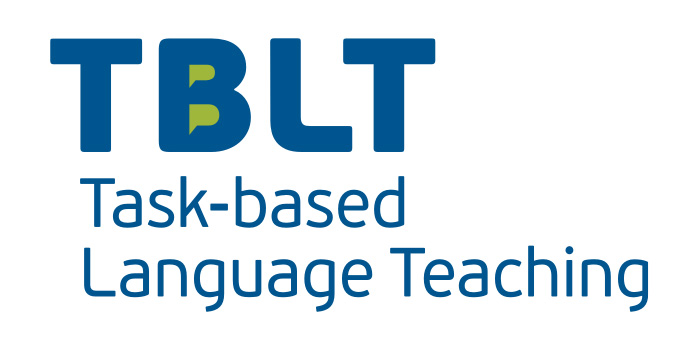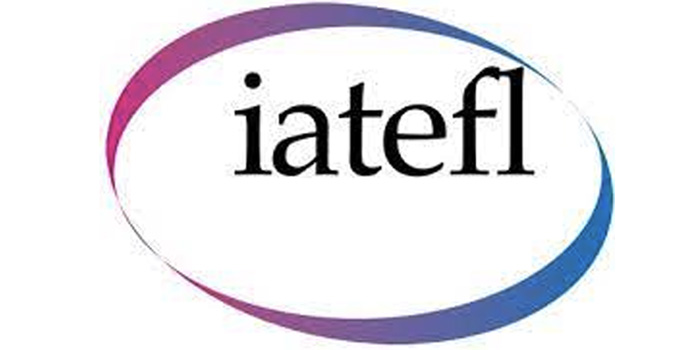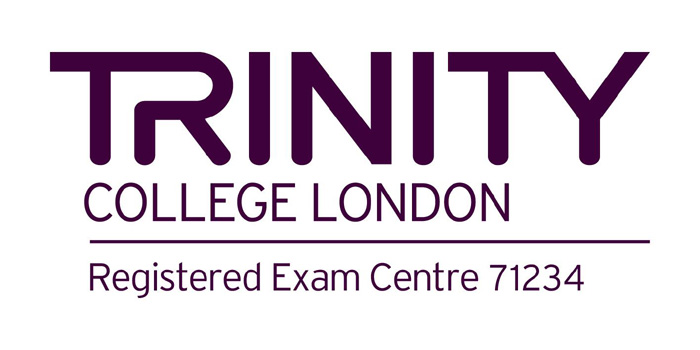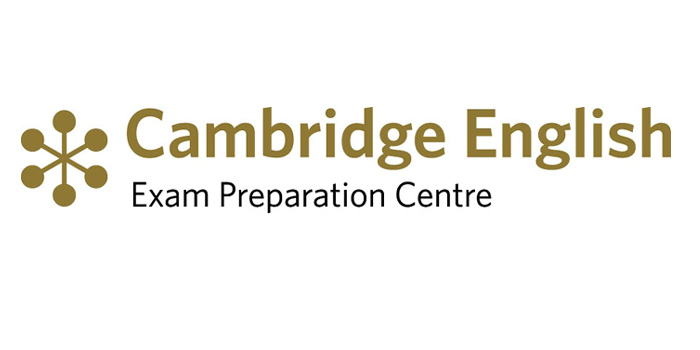ELTE CORPORATE
Turnkey training solutions, learning itineraries and communicative skills programmes for companies based on their needs, culture, constraints, and vision.
ELTE RESOURCES
Soft skill, language and communication training programmes through asynchronous/synchronous, micro, mobile and hybrid learning.
ELTE ABROAD
Educational travel to activate communicative skills and language trained in class through 100% immersion and full exposure to real-life professional and social situations abroad.
Get in touch!
Cambridge Exam Preparation Centre
2015 - present (yearly renewed credentials based on candidates’ success).
See certificate


25+
years
experience
Our mission
To turn language students into competent and successful language users providing them with all the personalised instructional scaffolding required to build sustainable communicative skills that will help them thrive in both their personal and professional lives.
Our value statement
To help students reach their goals, to meet all our stakeholders’ needs, to keep our management and administration processes lean and to team up with companies’ HR departments in order to develop meaningful and sustainable language, communicative skills and intercultural awareness training programmes.
Leadership and Training Team
English language philologists with over 25 years of experience are in charge of designing and teaching English for Specific Purposes and Spanish as a Second Language/ for Expats programmes as well as recruiting highly communicative committed qualified language trainers.
Do you want information about our courses?
We are Green & Lean
Green:
We aim at optimising resources, efforts, and energy while creating value for our community of students and client companies, always keeping in mind continuous improvement and respect for people and the environment.
Lean:
We apply Lean methodology principles to our work.
Our Methodology: Instructional Scaffolding
What is it?
The learning process designed to promote a deeper level of learning.
Scaffolding is the support given during the learning process that is tailored to the needs of the student with the intention of helping the student achieve his/her learning goals.
(R. Keith Sawyer The Cambridge Handbook of the Learning Sciences. New York: Cambridge University Press, 2006).>
It is the support mechanism given by a more competent individual –trainer- that helps a learner successfully perform a task within its ZPD.
(Zone of Proximal Development, Lev Vygotsky 1896–1934)
Instructional Scaffolding includes
The selection of the learning task
The task should ensure that learners train the skill that needs to be mastered. The task should also be interesting to keep learners engaged.
The anticipation of errors
After choosing the task, the teacher needs to anticipate the errors learners may commit when working on the task. Anticipation of errors enables the scaffolder to properly guide learners away from ineffective directions.
The application of scaffolds during the learning task
Scaffolds could be organised in “simple skill acquisition or they may be dynamic and generative.”
The consideration of affective factors
Scaffolding is not limited to a cognitive skill, but it also relates to emotive and affective factors. During the task, the scaffolder (expert) might need to manage and control the leaner’s frustration and loss of interest. Encouragement is also an important scaffolding strategy.












